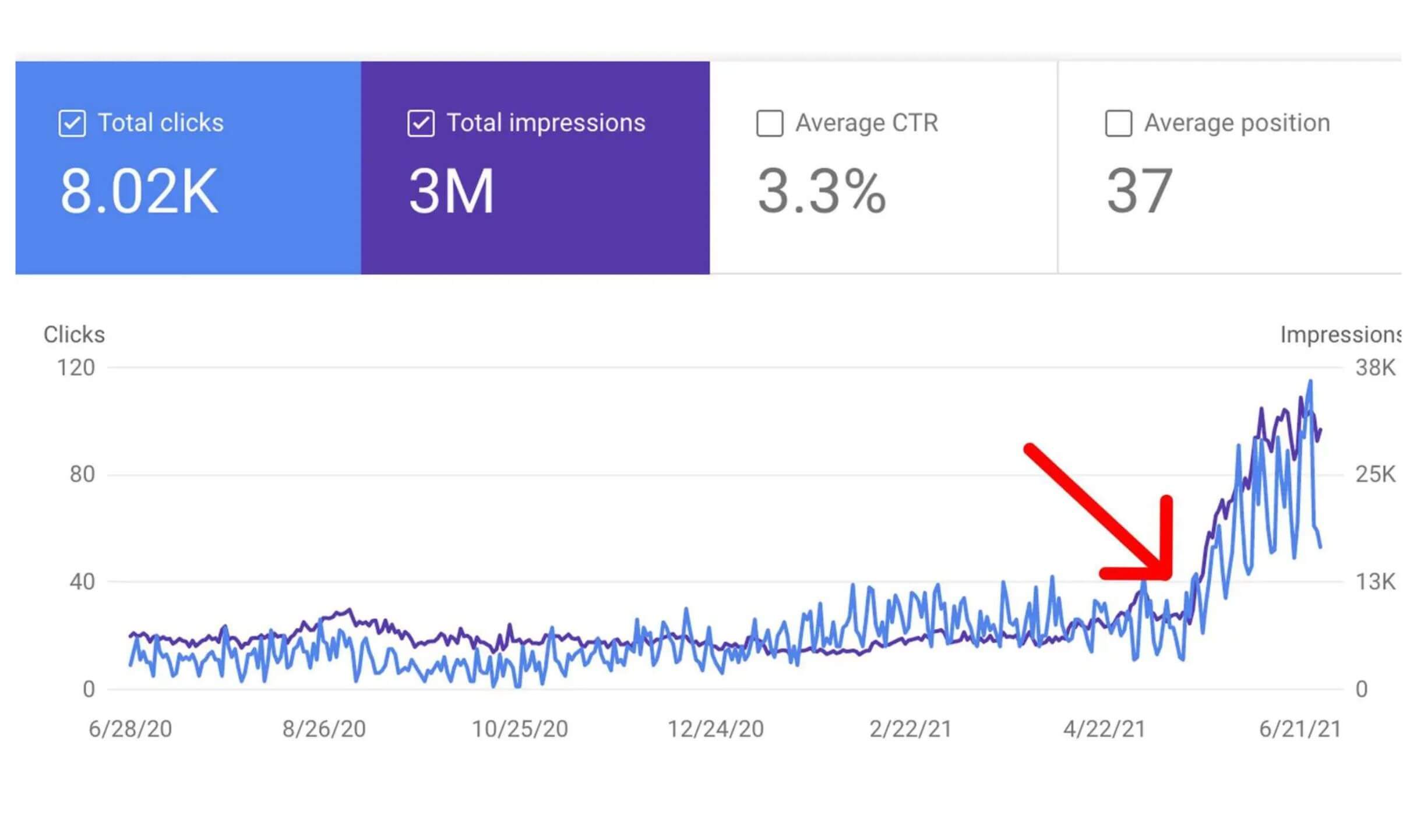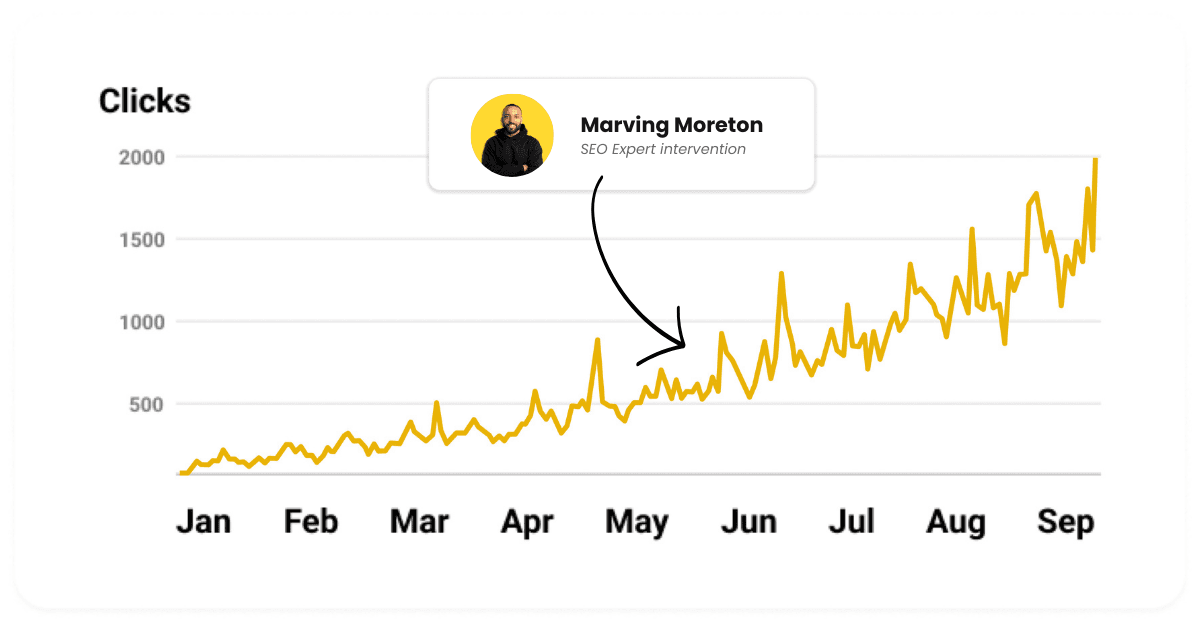SEO Consultant
with a passion for Growth Marketing.
I drive sustainable growth through strategic SEO, blending technical expertise with innovative marketing.

- Audit SEO Global:
- 360° SEO audit of your website, study of your market, your competitors, and the 4 SEO pillars to produce complete and personalized recommendations.
- SEO Optimization:
- SEO strategy and optimization of your website. New site structure and planning of the different actions to be carried out on your website.
- Reporting:
- Setting up a monthly report and follow-up of SEO actions. The report tracks your site’s ranking and analyzes various key indicators from an SEO perspective.

- Keyword Study
- Identify relevant high-volume keywords on which you absolutely must position yourself to reach your target.
- Personalized Audit
- Highlighting the blocking points and providing a list of SEO recommendations requiring little effort but yielding significant benefits.
- Semantic Cocoon
- Produce a new site structure and keyword universe optimized for your pages’ ranking and to increase your conversion rate (UX).

Don't just take my words for it
“Marving is an SEO wizard! His expertise and dedication to optimizing websites are truly remarkable. If you're looking for a skilled and enjoyable SEO expert to work with, Marving is the one.”

Remi Ceraline
Founder of Online Nutrition & Software Architect
“Having worked alongside Marving in the SEO trenches, I can attest to his deep expertise and innovative approach. He's truly a master of the craft.”

Bastien Bonnamant
SEO Specialist
“I applied the course's insights to several of my clients' SEO assignments, and the strategies were quickly and effectively implemented. The well-thought-out SEO approaches consistently met customer expectations.”

Angele Eguienta
Community Manager
Ready to Dominate Google Traffic?
Try my services risk-free with my money-back guarantee policy.

5 out of 5 stars
“Marving's SEO Services was game-changing for Remote Marketer Jobs. Precise, actionable, and efficient insights that propelled our brand's reach!”

Max Eccles
@maxeccSEO Consultant
An SEO expert works on a set of factors to improve the visibility of all the pages of the website in the search engines. Each SEO consultant has their own method. My approach is based on four main factors:
Technical
Clean up your website of configuration errors, duplicate pages that are too slow or difficult to access by the visitor.
Content
Study your content so that it is relevant to both your ideal client and your target audience.
Popularity
Boost your external link and citation strategy, demonstrating to search engines that your site is a credible, authoritative source.
Search Experience Optimization
Optimize the user experience by synergizing SEO rules, the customer journey and the conversion funnel.
Transform your online presence with the SEO Jumpstart course!
“Marving's SEO Course revolutionized my freelance career. The actionable insights significantly increased my visibility and client inquiries!”

Remi Ceraline
Solutions Architect Freelancer
Access for life
- How to really do a keyword research
- On-page SEO optimization
- Technical & On-site SEO strategies
- Off-page SEO & backlinking tactics
- +60 Curated Directories backlinks
(worth $300+) - Bonus content: On-page SEO checklist, Technical SEO checklist, SEO reporting template...
- Premium Support
Grow your revenue with smart SEO.
Ready to elevate your digital presence? Schedule a call today to craft web experiences that captivate and convert.

